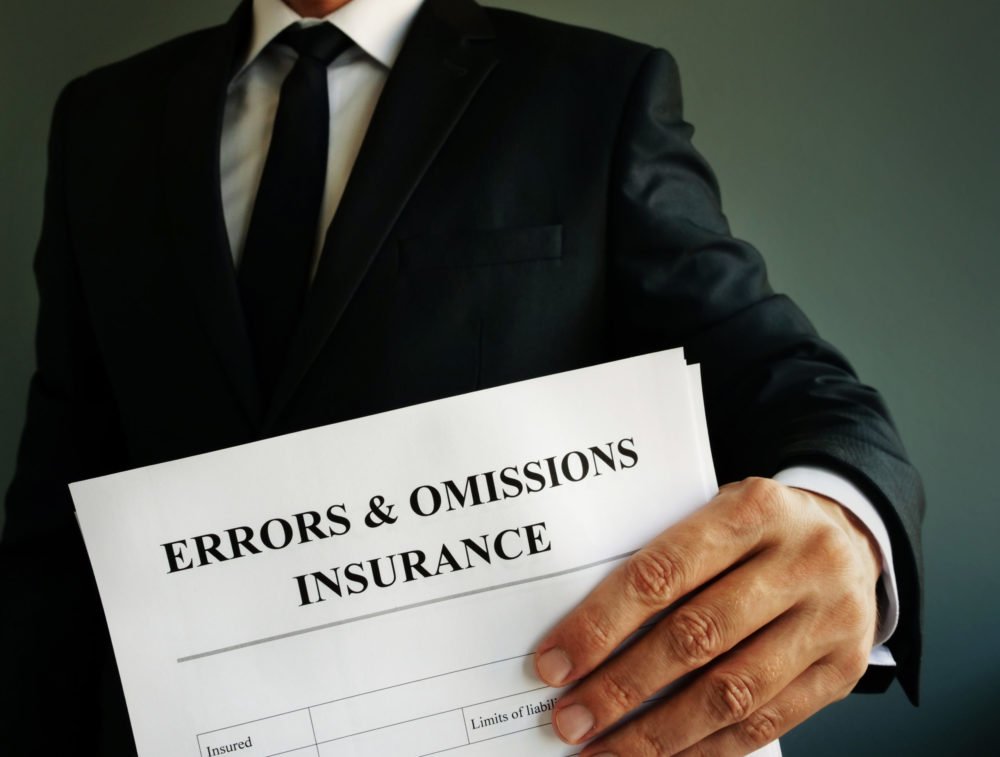Becoming a California real estate broker is a major step forward for experienced real estate professionals who want more independence, leadership opportunities, and higher earning potential. As a licensed broker, you can manage your own brokerage, supervise agents, and oversee transactions directly. This guide will walk you through everything you need to know to get a real estate broker license in California , from education and experience to passing the exam and launching your career.
Step 1: Understand the Role of a Real Estate Broker
A real estate broker has more authority than a salesperson (agent). Responsibilities include:
- Managing real estate transactions
- Supervising and training real estate agents
- Ensuring compliance with DRE laws and regulations
- Owning or operating a real estate brokerage
- Negotiating contracts and handling escrow
Brokers play a critical role in ensuring legal and ethical standards are upheld in real estate deals.

Step 2: Meet Basic Requirements
To qualify for a broker license in California, you must meet the following requirements set by the California Department of Real Estate (DRE) :
- Be at least 18 years old
- Hold a valid Social Security Number (SSN)
- Be a U.S. citizen or legal resident
- Have a high school diploma or equivalent
- Pass a fingerprint-based background check
Step 3: Gain Required Experience
You must have at least two out of the last five years of full-time real estate experience as a licensed California salesperson within the last five years.
This experience must be verified by your employing broker(s) on DRE Form RE 204 .
Step 4: Complete Required Pre-License Education
You must complete 84 hours of DRE-approved pre-license education , which includes:
- Real Estate Principles (45 hours) – Covers ownership rights, land use, and market dynamics.
- Real Estate Practices (30 hours) – Focuses on contracts, escrow, and transaction procedures.
- Legal Aspects of Real Estate (9 hours) – Examines laws affecting brokers.
You can take courses online or in-person from DRE-approved schools .

Step 5: Submit Your License Application
Once your education is complete, apply through the DRE Online Licensing System :
Steps:
- Create or log into your DRE account
- Select “Apply for Original Broker License”
- Upload proof of completed education and experience verification
- Submit fingerprints digitally or via Live Scan
- Pay the $305 application fee
Processing may take several weeks.
Step 6: Pass the California Real Estate Broker Exam
After approval, schedule your exam with Pearson VUE .
Exam Details:
- Total Questions : 120 multiple-choice questions
- Passing Score : At least 70%
- Time Allowed : 3.5 hours
- Exam Fee : $60
Use prep platforms like Kaplan , AceableAgent , or Real Estate Express to study effectively.
Step 7: Choose a Brokerage Structure
As a licensed broker, you have options:
- Work under another broker (optional)
- Start your own brokerage
- Hire and manage real estate agents
If starting your own brokerage:
- Choose a business structure (LLC, sole proprietorship, corporation)
- Register your business name with the California Secretary of State
- Obtain an EIN from the IRS
- Open a business bank account
Step 8: Get Errors and Omissions (E&O) Insurance (Recommended)
While not always mandatory, E&O insurance is highly recommended—especially if you’re opening your own brokerage or managing other agents.

Step 9: Renew Your License and Keep Learning
All California real estate brokers must renew their licenses every four years .
Continuing Education Requirement:
- 45 hours of continuing education, including:
- Ethics and Standards of Conduct (8 hours)
- Consumer Protection (3 hours)
- Agency Law (3 hours)
- Fair Housing and Trust Fund Handling (3 hours each)
- Remaining hours in approved electives
Stay current with changes in laws, ethics, and real estate practices.
Step 10: Build and Grow Your Brokerage Business
Now that you’re licensed, focus on growing your brokerage:
- Hire and train new agents
- Invest in marketing and branding
- Use CRM tools and digital platforms
- Network with investors, lenders, and attorneys
- Attend real estate events and local networking meetings
Consider joining professional associations like the California Association of Realtors® (CAR) or the National Association of Realtors® (NAR) .
FAQ: Frequently Asked Questions About Getting a California Real Estate Broker License
Q: Can I become a broker without being a real estate agent first?
A: No, you must have at least two years of real estate salesperson experience in the past five years.
Q: How long does it take to become a real estate broker in California?
A: On average, 6–12 months , depending on your pace of study and exam scheduling.
Q: Do I need a college degree to become a broker in California?
A: No, but many brokers pursue degrees in business, finance, or real estate for added knowledge.
Q: What is the average salary for a California real estate broker?
A: According to recent data, salaries range from $75,000 to $150,000+ , depending on experience and business size.
Q: Can I work remotely as a California real estate broker?
A: Yes, especially with virtual transactions and digital brokerage models becoming more common.
Join The Discussion